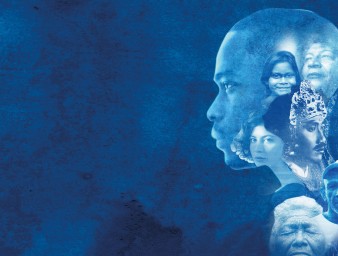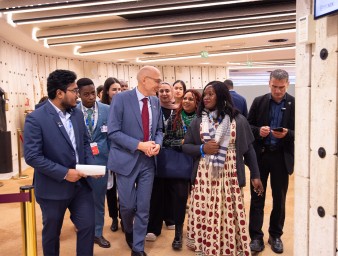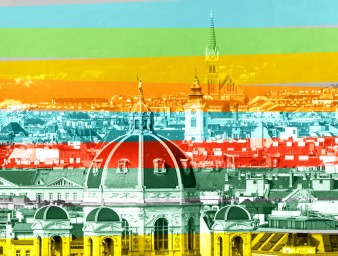Growing up with the UDHR
21 December 2023
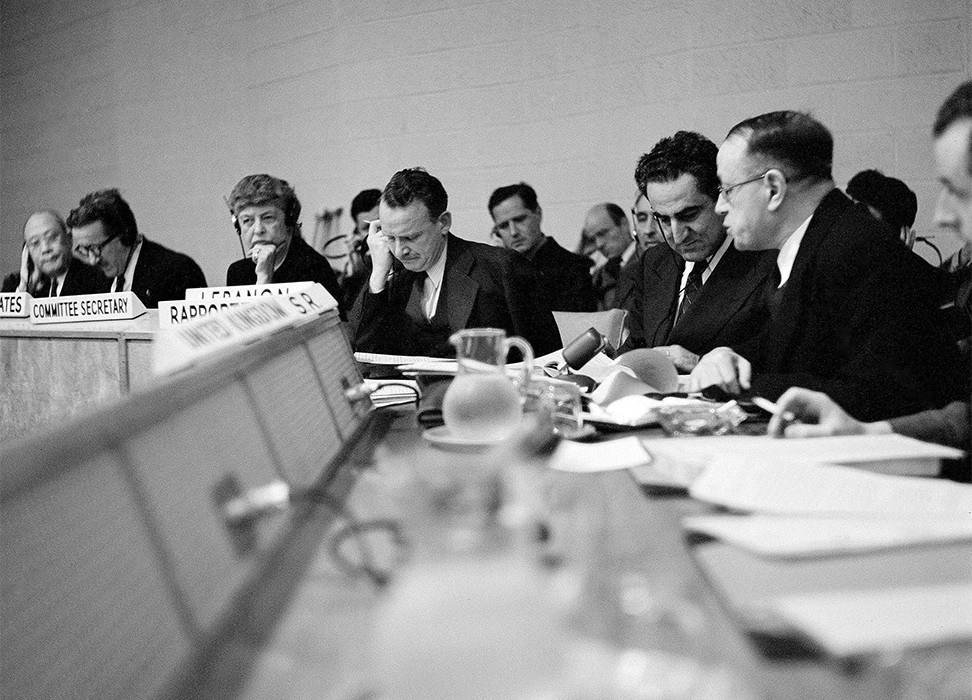
“The UDHR is like a moral compass. It guides our advocacy,” said Safayet Zamil Nowshan, a human rights activist from Bangladesh and a member of the Youth Advisory Group on Human Rights.
“The Universal Declaration of Human Rights is the Bible for human rights activists because without it, we couldn’t draw a line. What rights should we fight for? What are humanity’s basic rights?”
The excitement of equality
The Declaration emerged from the embers of a world war and was adopted by a vast majority of the States of the then United Nations: 48 of the 58 members voted for it, eight abstained, and two did not vote at all.
Costa Rica was one of the 48 “ayes”, and signing the Declaration on behalf of the Central American country was Gonzalo Facio Segreda, a lawyer and diplomat who would hold a number of senior posts in his country and live to be a few weeks shy of his 100th birthday. His signature not only marked a pivotal moment for his nation, but set the stage for his daughter, Alda Facio, born the same year as the Declaration.
“These were tumultuous political times in Costa Rica, and revolutionary ideas were spreading rapidly in the region. Many exiles from different countries would visit us. I was only three or four years old when all these discussions around human rights were taking place, right in my living room. I didn’t understand what they were about, but I could feel all the energy and excitement,” Alda Facio said.
“I remember that one of the things my father talked to me about was that women had the same rights as men, and that women could do anything men could do.”
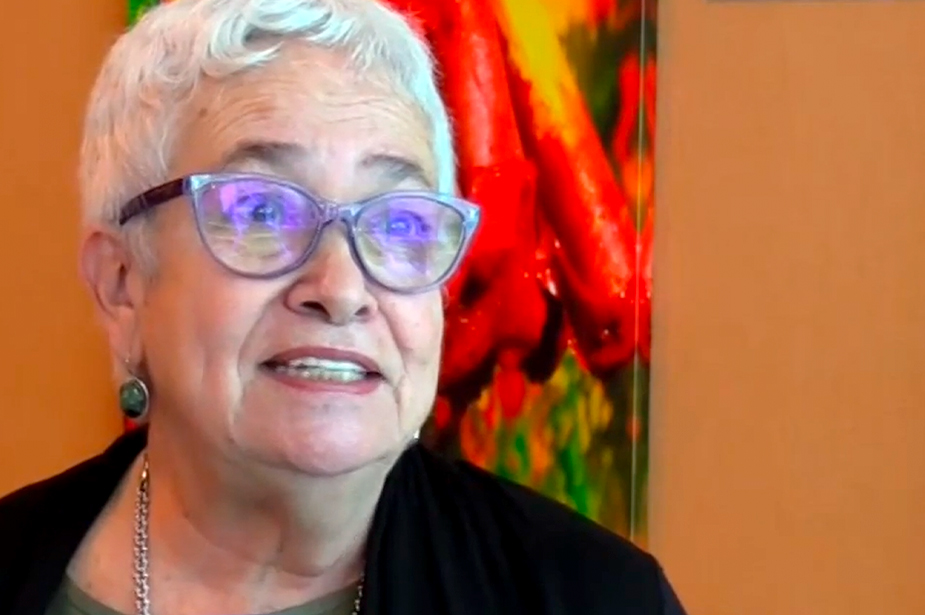
Gender and human rights lawyer, Alda Facio. © Reuters
Those animated discussions would propel her into a life of activism – she would become a well-known feminist, human rights lawyer and university professor, as well as one of the founding members of the Women's Caucus for Gender Justice at the International Criminal Court and a UN Special Rapporteur on Discrimination against Women and Girls.
In 1998, on the UDHR’s 50th anniversary, Facio decided to publish a book of short stories that would put human rights within everyone’s reach. “I felt many people just thought that those things were for lawyers and not really for real people, you know?”
While she acknowledges a waning enthusiasm for human rights, her own optimism remains steadfast.
“It’s more like human rights are used more to denounce violations, but not to dream. But I trust in the dynamic of the universe, and this Declaration shows us that the world coming together can create wonderful ideas, wonderful.”
A direct inspiration
Half a world away, in Lebanon, another father was leaving behind his human rights imprint. Charles Malik, an academic and government minister, was an influential member of the UDHR’s original drafting committee, becoming President of the Commission on Human Rights and of the UN General Assembly. His son Habib Malik, a retired associate professor of history at the Lebanese American University, would inherit this legacy of advocacy.
“I was born six years after the UDHR was passed, during a complex time in Lebanon’s history. My father didn’t steer me into activism, on the contrary, he wanted me to chart my own path. But of course all these things sank in, and in the late 1980s, I and a few others created the Foundation for Human and Humanitarian Rights/Lebanon to defend freedom of speech and of the media at the time of Syria’s 1976-2005 occupation of Lebanon.”
“While I was growing up, I began to realize that my father was often associated with the UDHR. When he passed away, I decided to consolidate his speeches and writings on human rights.” In 2000, Malik published “The Challenge of Human Rights: Charles Malik and the Universal Declaration” in English and Arabic.
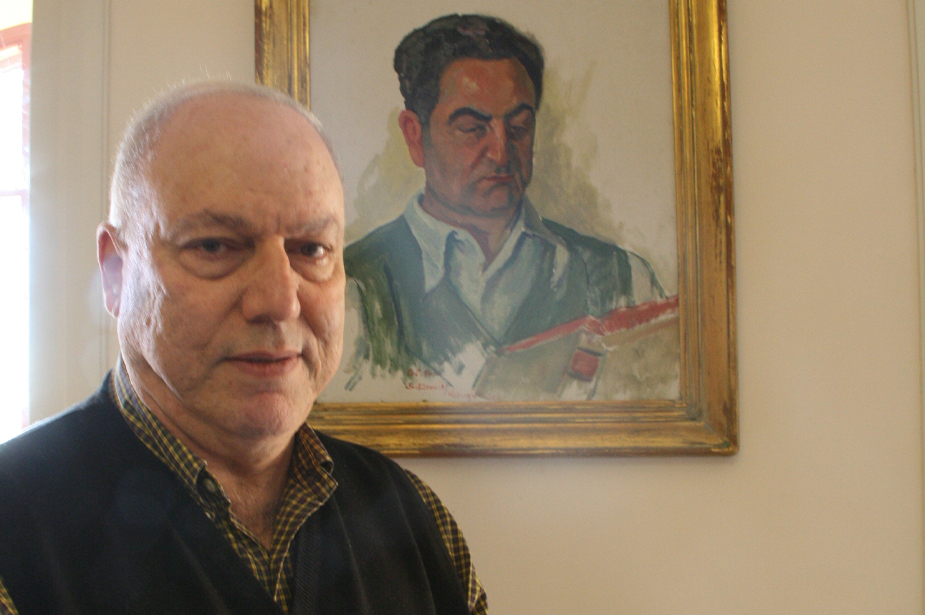
Habib Malik stands next to a portrait of his father, Charles Malik, who was on the UDHR's original drafting committee. © Habib Malik
For Malik, the UDHR is the 20th century’s single most celebrated international document, and one of history’s most enlightened.
“The fall of communism and the fall of the apartheid system, two major events in the latter part of the 20th century, both had the Universal Declaration as their major inspiration. It makes one very proud to be associated with an accomplishment that ended up having so much impact on the actual workings of history.”
A timeless influence
Unlike Facio and Malik, Nowshan’s father in Bangladesh was not directly involved in the UDHR. Yet Nowshan felt the Declaration’s influence just as strongly. “I began working in human rights at the age of 14 and my work with children and with gender equality has been rooted in the UDHR since the very beginning. It continues to be relevant because our basic rights don’t change – they just haven’t all been achieved yet. Without the Declaration, our work would be so much more scattered and ineffective.”
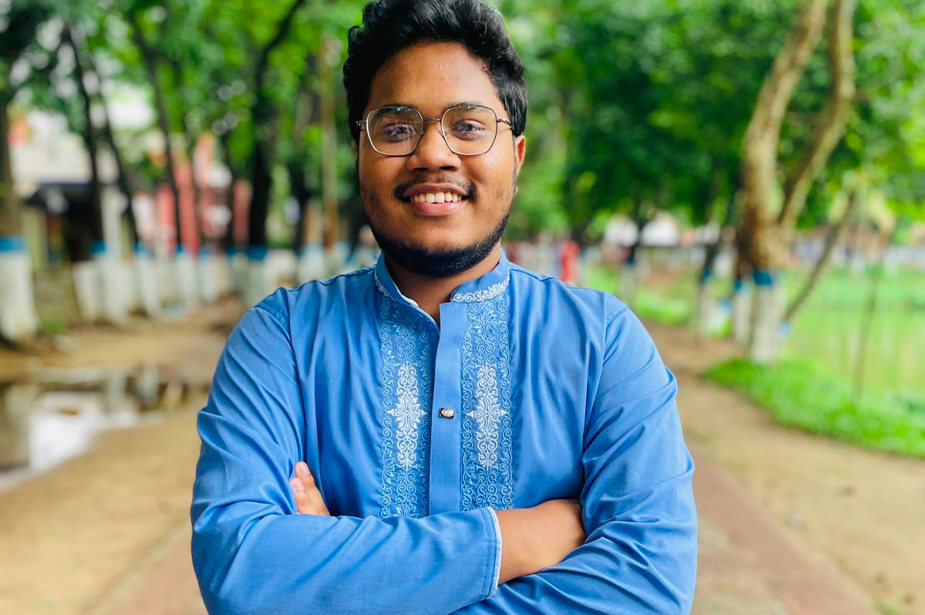
Safayet Zamil Nowshan is human rights activist from Bangladesh and a member of OHCHR’s Human Rights 75 Youth Advisory Group. © Safayet Zamil Nowshan
The Declaration may be 75 years old, but it remains more relevant than ever, exercising its pull and power on activists who grew up in its shadow.
In the words of Volker Türk, UN High Commissioner for Human Rights, “The UDHR is a miraculous text… which embodies a common language of our shared humanity, a unifying force at the heart of which lies human dignity and the duty of care we owe each other as human beings.” Facio, Malik and Nowshan would undoubtedly agree.
